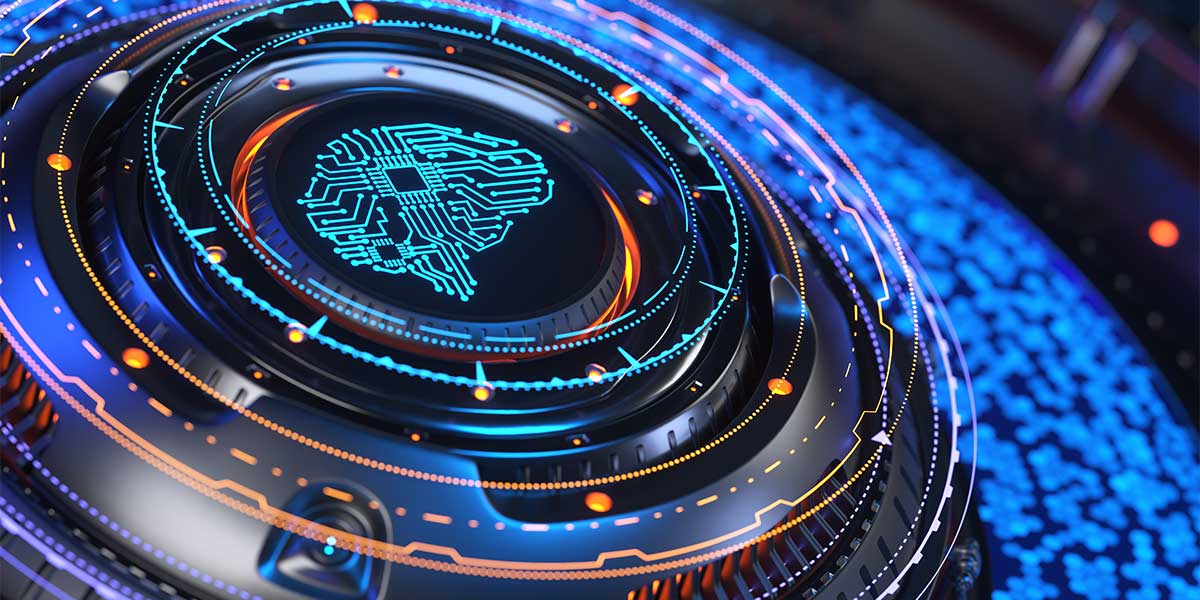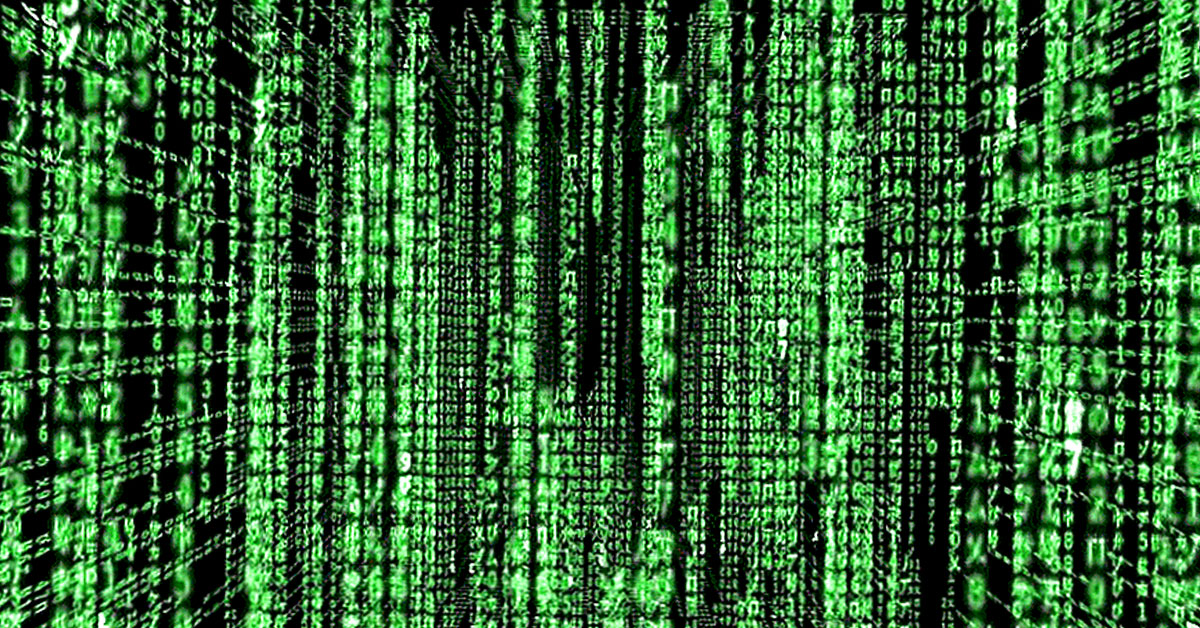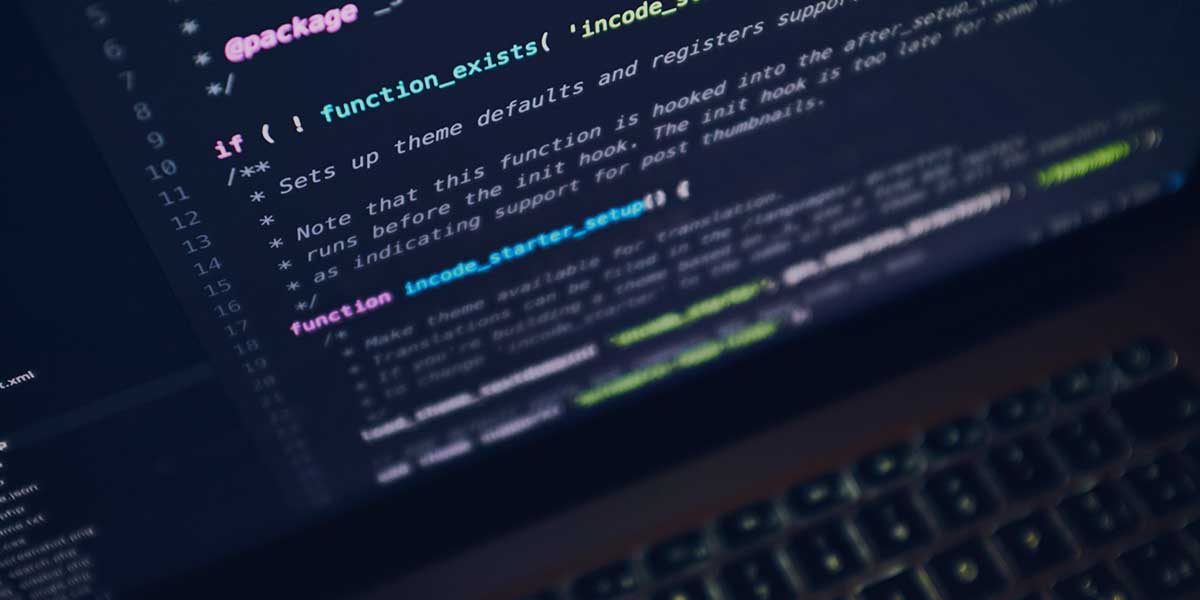Nowadays, AI represents a key factor in everyday life and is influencing the transformation of the recruitment process; as a result, more and more companies need to adopt it in the HR sector as well.
Have you ever wondered how can your email program distinguish between spam and solicited email or how it is possible that the advertisements on your Facebook wall match with your interests? The technology at the base of both systems is the same: machine learning.
What is Artificial Intelligence?
Artificial Intelligence is a term that we sometimes fail to fully understand, but even if we do not realise it, it has been unconsciously part of our daily lives for some years now.
Examples of AI
The alarm clock, the smartwatch, Alexa, the navigator, Spotify, Google translate, social networks, Netflix, etc.
AI supports human beings, but it does not replace them. It allows us to reduce the stress of information overload and thus be more focused on core activities.
Artificial Intelligence can be defined as a machine’s ability to process information and provide answers in a similar way to a human being. This is an extremely useful function, especially nowadays, as we live in a hyper-connected world and are overwhelmed with data: as much as 90% of the digital data we possess globally was generated in the last two years!
AI can also become an asset in the world of human resources
In recent years, the number of information gathering channels has increased (CVs, info from social profiles, registration to advertisements, interviews, assessment tests, video CVs, etc.) and with them the data collected on candidates has also increased in volume, variety and speed.
In this field, AI can help HR managers and recruiters to enhance and analyse the data collected, providing a 360° picture of the candidate.
Some companies are already taking advantage of it: 36% of companies worldwide think that AI is the biggest change in the hiring process (Source – Deloitte report: Global Human Capital Trends)
In the coming years, AI will be increasingly used and accepted in the recruitment field thanks to the new generations (Gen Y and Z) who are used to interacting with machines. In the next 5 years 75% of workers will belong to Gen Y, the Millennials.



